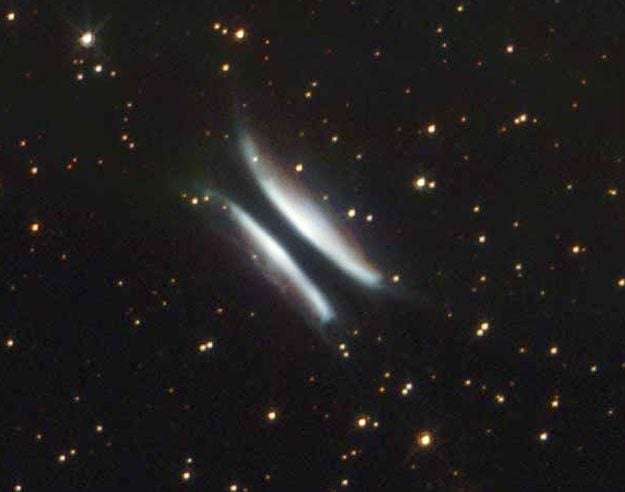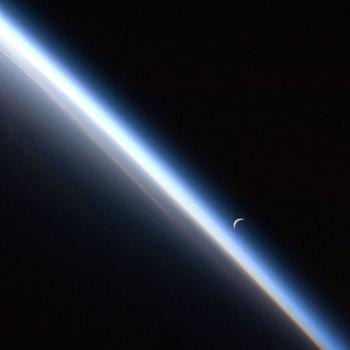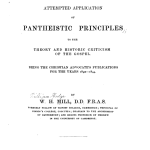
I share here for your Sabbath reflections a passage that I marked during my reading of David Wilkinson, God, Time and Stephen Hawking: An Exploration into Origins (London and Grand Rapids: Monarch Books, 2001). David Wilkinson is an English Methodist clergyman and theologian who obviously has a special interest in science:
There seem to be a number of reasons why physicists have become increasingly open to the ‘God question.’ . . .
All of us know that if the Earth was a little closer to the Sun it would be too hot for life, and if it were a little further away it would be too cold. In fact, the orbit of the Earth is very finely tuned to the existence of life. It is an example of an anthropic balance that if it was different then life on Earth would not exist.
Over the past couple of decades such balances have been discovered at a much deeper level in the laws of physics themselves. We have already described the incredible balance between the Big Bang expansion and the gravitational force, which makes possible a universe of sufficient age and structure for carbon-based life to evolve. There are any others like it.
The very production of carbon itself exhibits such a feature. Carbon is formed by the combination of either three helium nuclei, or by the nuclei of helium and beryllium. However, for carbon to be formed, the internal energy levels of the nuclei have to be just right. There has to be what is called resonance. If this resonant energy level were only 0.5% different, no carbon would be formed. In addition, the resonance which would turn all the carbon into oxygen is just 1% too high. If it were 1% lower, once again there would be no carbon. Sir Fred Hoyle, who discovered such an arrangement, later said, ‘Nothing has shaken my atheism as much as this discovery.’ There seems to be fine-tuning here in the production of carbon. Paul Davies [a prominent Anglo-American theoretical physicist who identifies with no particular religious tradition] sees these balances as the most compelling evidence for an element of cosmic design. (139-140)
It’s perhaps relevant here to observe that Rev. Wilkinson himself holds a doctorate in cosmology and theoretical physics and that his book features a Foreword by Sir Arnold Wolfendale, FRS, who served as Astronomer Royal of the United Kingdom from 1991 to 1995.












